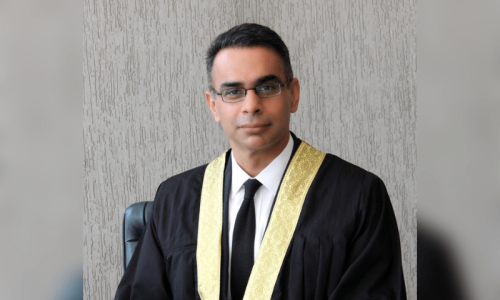PESHAWAR: Iran’s Ambassador to Pakistan Mehdi Honardoost on Monday denied the allegations that the deceased Afghan Taliban chief, Mullah Akhtar Mansour, was hiding in Iran.
The Iranian envoy was of the view that the documents and passport reportedly recovered from the attack’s site wasn’t enough evidence to prove that the man killed in the United States (US) drone attack near Quetta was Mullah Mansour, “or the claim that he had entered Pakistan from Iran”.
“My friends, to be very honest, this was a very complicated and unclear case to us,” Honardoost told media persons during his visit to the provincial capital.
The Iran’s ambassador was is Peshawar to meet Chief Minister Pervez Khattak and Governor Iqbal Zafar Jhagra.
Honardoost went on to say that the documents recovered near the vehicle, which was targeted and destroyed by US-drone near Iran border, were bearing the name of Wali Muhammad — “but the authorities kept saying that the man killed in the attack was Afghan Taliban chief”.
“If the passport was in the name of Wali Muhammad then how can we say that the charred body was of Mullah Mansour.”
The Iranian authorities had issued visa to Wali Muhammad and the passport and visa was genuine, but we are clueless about the information, the envoy maintained.
“If the information on passport was wrong then it is not our fault.”
He said that Iran and Pakistan have good relations and that his country will fully cooperate with Pakistani investigators in this regard.
“Iran wants increase in trade and business related activities with Pakistan to boost economy”, Honardoost concluded.
Mullah Akhtar Mansour was killed in a US drone strike in Balochistan earlier this year.
The drone strike was also the first in the restive province of Balochistan, considered a red-line by the Pakistani government. Authorisation for the strike came directly from US President Barack Obama.
The adviser on foreign affairs, Sartaj Aziz, was of the opinion that the action has undermined the Afghan peace process once again.














































